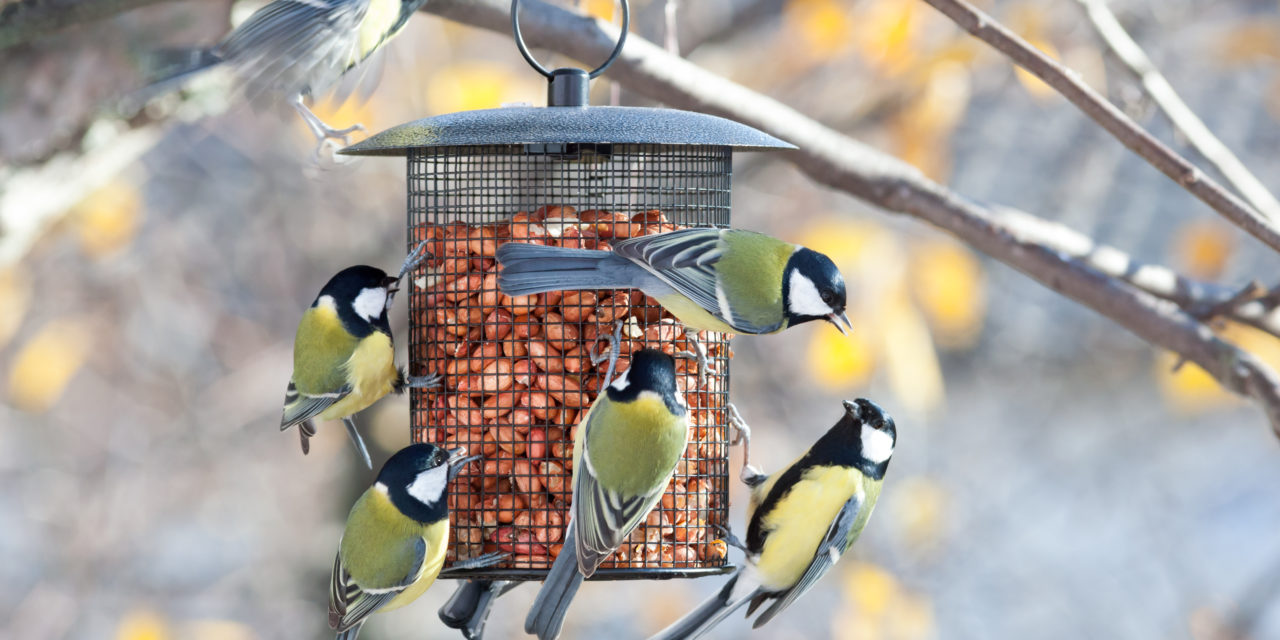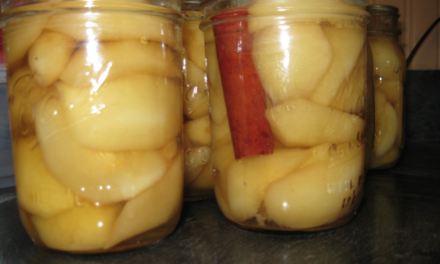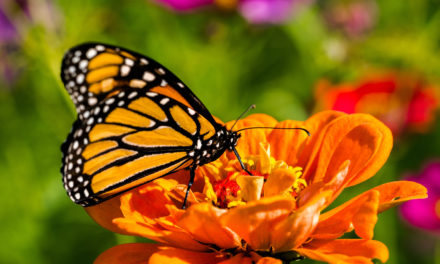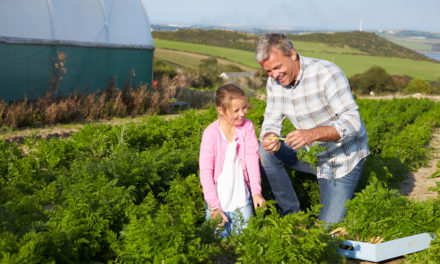 “Come feed the little birds. Show them you care and you’ll be glad if you do. Their young ones are hungry their nests are so bare.” -Mary Poppins
“Come feed the little birds. Show them you care and you’ll be glad if you do. Their young ones are hungry their nests are so bare.” -Mary Poppins
February marks National Bird Feeding Month. In 1994, John Porter proposed this idea to promote the importance of birds to the United States Congress. “During this month, individuals are encouraged to provide food, water, and shelter to help wild birds survive. This assistance benefits the environment by supplementing wild bird’s natural diet of seeds and insects.” Today, bird feeding can be educational, entertaining, and an inexpensive pastime that both adults and children can  enjoy. National Bird Feeding Month can be celebrated by putting out a feeder and filling it with bird food. The location of the feeder, the type of food, and the number of feeders affect what kind of birds are attracted. In North America alone, there are more than 900 different bird species.
enjoy. National Bird Feeding Month can be celebrated by putting out a feeder and filling it with bird food. The location of the feeder, the type of food, and the number of feeders affect what kind of birds are attracted. In North America alone, there are more than 900 different bird species.
The state bird of Missouri is the Eastern bluebird. From 1920-1970, bluebirds were dramatically declining in population due to loss of habitat and competition for nesting sites. Thanks to the aid of humans, their numbers have slowly begun to increase. The U.S. Fish and Wildlife Service’s annual Breeding Bird Survey recorded the Eastern bluebird population has increased 2.3% over the past 26 years. Bluebirds primarily eat fruit and insects but prefer live food. Mealworms are high in protein and make a great supplemental treat. They are one of the few wild bird breeds that are trainable and Buchheit retail stores offer a special bell specifically designed for bluebirds. When you put out bird food, you ring the bell and over time, the bluebirds will know that it is time to eat!
 Illinois’ state bird is the Northern cardinal. These colorful songbirds will often take shelter in the undergrowth in yards, bushes, or shrubs. Cardinals are ground feeders, but will also perch on feeders that have a flat surface, like a platform feeder. They prefer black oil sunflower seeds or safflower seeds in feeders, but they will also eat millet, milo, peanut hearts, or will forage for insects, berries, and sap. Cardinals will often be the first bird at the feeder in the morning and the last to leave at night. Northern cardinals mate for life and male cardinals will offer their mate carefully selected seeds during their mating feeding ritual. While bird feeding can be fun, it can sometimes attract unwanted critters.
Illinois’ state bird is the Northern cardinal. These colorful songbirds will often take shelter in the undergrowth in yards, bushes, or shrubs. Cardinals are ground feeders, but will also perch on feeders that have a flat surface, like a platform feeder. They prefer black oil sunflower seeds or safflower seeds in feeders, but they will also eat millet, milo, peanut hearts, or will forage for insects, berries, and sap. Cardinals will often be the first bird at the feeder in the morning and the last to leave at night. Northern cardinals mate for life and male cardinals will offer their mate carefully selected seeds during their mating feeding ritual. While bird feeding can be fun, it can sometimes attract unwanted critters.
 Squirrels can scare away the birds that you are trying to attract in addition to stealing their food. Buchheit offers several different products and feeders to help deter squirrels. Baffles can be placed on poles or a hanging feeder to prevent squirrels from climbing onto preexisting feeders. Weight-controlled and spring-loaded feeders close their seed ports under a squirrel’s
Squirrels can scare away the birds that you are trying to attract in addition to stealing their food. Buchheit offers several different products and feeders to help deter squirrels. Baffles can be placed on poles or a hanging feeder to prevent squirrels from climbing onto preexisting feeders. Weight-controlled and spring-loaded feeders close their seed ports under a squirrel’s
weight and open only for birds of a lighter weight. These products offer a humane way to discourage squirrels from coming to your bird feeder. We also offer an all-natural food grade bird seed supplement with chili peppers and other spices. Birds love the taste, but squirrels do not like the spicy flavor. This is safe to use on bird seed and plants to deter mammals from that area.
 In addition to a wide variety of wild bird seed, feeders, houses, and squirrel deterrents, Buchheit retail stores also offer free Buchheit Buddies events catered towards helping our feathered friends. Past Buchheit Buddy events helped children make bird houses and bird feeders that they could take home and put in their yard. These interactive events show kids that wildlife conservation is fun and easy while also raising the awareness of wildlife conservation. In March of this year, we will be building bird houses. Please check the event page on the Buchheit website for more information. This February, stop by your local Buchheit store to check out the variety of wild bird products that we carry for National Bird Feeding Month!
In addition to a wide variety of wild bird seed, feeders, houses, and squirrel deterrents, Buchheit retail stores also offer free Buchheit Buddies events catered towards helping our feathered friends. Past Buchheit Buddy events helped children make bird houses and bird feeders that they could take home and put in their yard. These interactive events show kids that wildlife conservation is fun and easy while also raising the awareness of wildlife conservation. In March of this year, we will be building bird houses. Please check the event page on the Buchheit website for more information. This February, stop by your local Buchheit store to check out the variety of wild bird products that we carry for National Bird Feeding Month!






